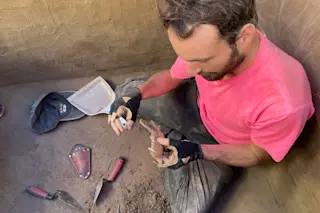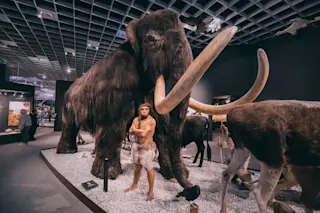(Credit: Karpova/Shutterstock) Tobacco kills hundreds of thousands of people each year. But the addictive substance has a complex history — for many Native Americans, tobacco has been used ritually for hundreds of years. Now, researchers show Native Americans of the northwest were smoking tobacco more than 1,000 years before European fur-traders arrived with their own domesticated variety. The discovery could bolster public health campaigns in Native populations the researchers say. “Most national [smoking cessation] campaigns treat tobacco in black and white terms — saying that all tobacco use is bad for example — but that’s not the reality for many Native communities,” Shannon Tushingham, an anthropological archaeologist at Washington State University in Pullman who led the new research, said in a statement.
For many Native peoples, tobacco use was historically associated with sacred rituals or ceremonies and only certain tribal members smoked limited quantities of the plant. Today approximately 37 ...














